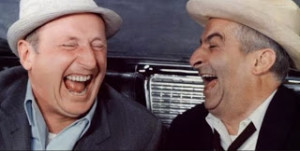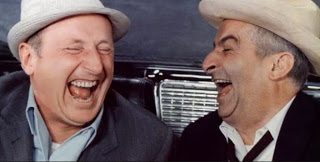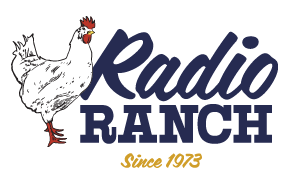
You mean, I can’t just yell at people to buy my product?
Straight advertising copy read by even the most mellifluous of
Radio voices has a tendency to sound like other spots on the air: Whether is boasts the same broad or excessive claims,
same boring ad lingo heard a million times before, or if by having the same effect of
interrupting the reason you’re listening to the station in the first place–music or interesting and dynamic talk, general or sports.
A number of research studies commissioned by advertising groups and carried out by independent research firms—unrelated to the organizations that ordered them—revealed that a general effect of humor in all the media—radio, TV, print publishing—is that it brings attention to ad messages and, in addition, enhances comprehension and subsequent recall.
With every action there is a reaction, and with humor in advertising, these caveats:
1. The humor must be truly humorous; that is to say, drop your seven year old grandson’s idea of a good joke; or raunchy gags told over beers and cocktails.
2. The humor should not be used for humor’s sake but rather organically related to the product or service; usually emerging from the problem that suggests a need for the product or service. Funeral homes or serious diseases are usually not appropriate for humor.
3. We don’t want to remember the gag before we remember the product or service advertised.
Thus, to the extent that humor is positively perceived, its presence
may be expected to aid the learning of advertising content.
— Dick Orkin


